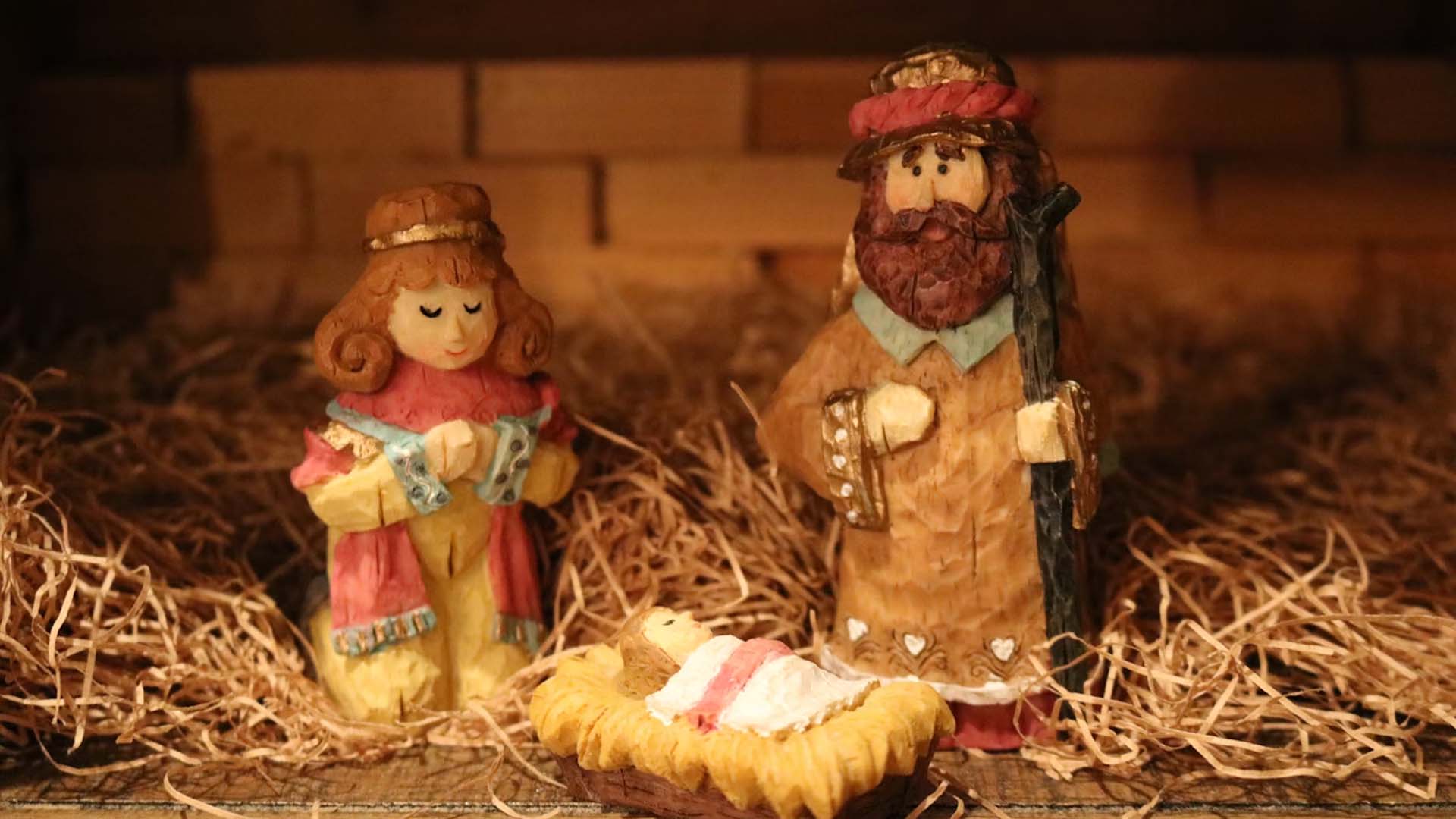
I know it’s weird for me to say this (being a pastor and all), but there was a time in my life when I believed Christmas was an empty tradition. Starting in college and through most of my 20s, I believed there was a good chance Jesus of Nazareth never actually existed. I bought books like “Did Jesus Exist?”, written by the famous Bible scholar and avowed atheist Dr. Bart Ehrman, to bolster my case. Christians like to say Jesus is King of kings, but back then I believed He was just the Myth of myths, just one more in a long line of man-made mythical figures created to manipulate and control people.
As I began to deconstruct my faith, I fell for the lie that the only reason I’d been a Christian in the first place was because I didn’t know I had a choice. Growing up in the Bible Belt, I believed what my church leaders told me to believe. Once I went away to college and began to absorb the bold insights of my seemingly brilliant professors of philosophy and religion, I realized that I’d been duped by the Christians in my life.
I learned, for example, about the many other gods of old who were said to have been virgin-born, and to have had twelve disciples, and to have performed miracles, and to have been crucified and resurrected, just like you-know-who.
During that time in my life, I sat through Christian worship services and sermons thinking to myself, “How could anyone believe this stuff? This is absurd!”
How did that angry young cynic become a passionate pastor who is fully convinced of Jesus’ legitimacy? I started reading for myself. I read the Bible and other books about the Bible. I read the holy books of other faiths. I read works by Christian and non-Christian scholars, both ancient and contemporary. And in all my research, I discovered two things that changed my life:
First, deconstructing everyone else’s beliefs was just my clever way of never having to explain what I believe and why. Because I didn’t have any beliefs. I simply criticized everyone else’s.
Second, I realized that I had misidentified my manipulators. I thought it was the Christians who were guilty of making stuff up about Jesus to consolidate power and control people. That’s what I’d heard in class and gleaned from my news outlets of choice. But upon doing my own research, it wasn’t hard to see that I had, in fact, been manipulated, but it wasn’t by Christians, or the Church, or the Bible. I’d been manipulated by a movement that is prevalent in much of academia and mass media today, the goal of which is to make all religions (especially Christianity) seem quaint and silly, like something only old people and uneducated people believe because they’ve got nothing else to do.
Once I began to see how manipulative the secular voices in my life had been, I kept digging. I discovered that, in many cases, those ancient pagan gods who, like Jesus, were said to have been born of virgins, or had twelve disciples, or were crucified and resurrected, were actually never said to have done any of those things. In fact, the only examples of any ancient pagan deities being virgin-born, crucified, or resurrected are those whose narratives were altered after the life of Jesus!
I was told the early Christians copied the pagans when they mythologized Jesus, but the historical record reveals it was the pagans who rewrote their gods’ mythologies to make them appear more like Jesus.
I also learned that virtually all modern, reputable scholars now acknowledge the actual, historical existence of Jesus, including Bart Ehrman, in his aforementioned book, Did Jesus Exist?
The people who wrote the New Testament – most of which was written in the 40s, 50s, and 60s AD – clearly believed that Jesus was an historical figure. Just look at the way Luke begins his gospel:
– Luke 1:1-3
They were also convinced that Jesus was God. He wasn’t a man whose followers posthumously made him their god; Jesus was and is the one true God:
– John 1:1, 14
Jesus of Nazareth existed, and his movement continues to change the world two millennia after his death on a Roman cross. But was the baby at the center of our nativity scenes just another baby who grew up to become a persuasive preacher with a god complex? Or did the fullness of God dwell in that newborn baby boy? If the former is true, then Christmas really is just another empty holiday. But if Jesus is truly God, we can trust that Almighty God is for us, with us, and more than willing to forgive us.
If this is the truth, and I believe that it is, then the classic Christmas hymn is right:
That is the power of Jesus, and that is the true meaning of Christmas.